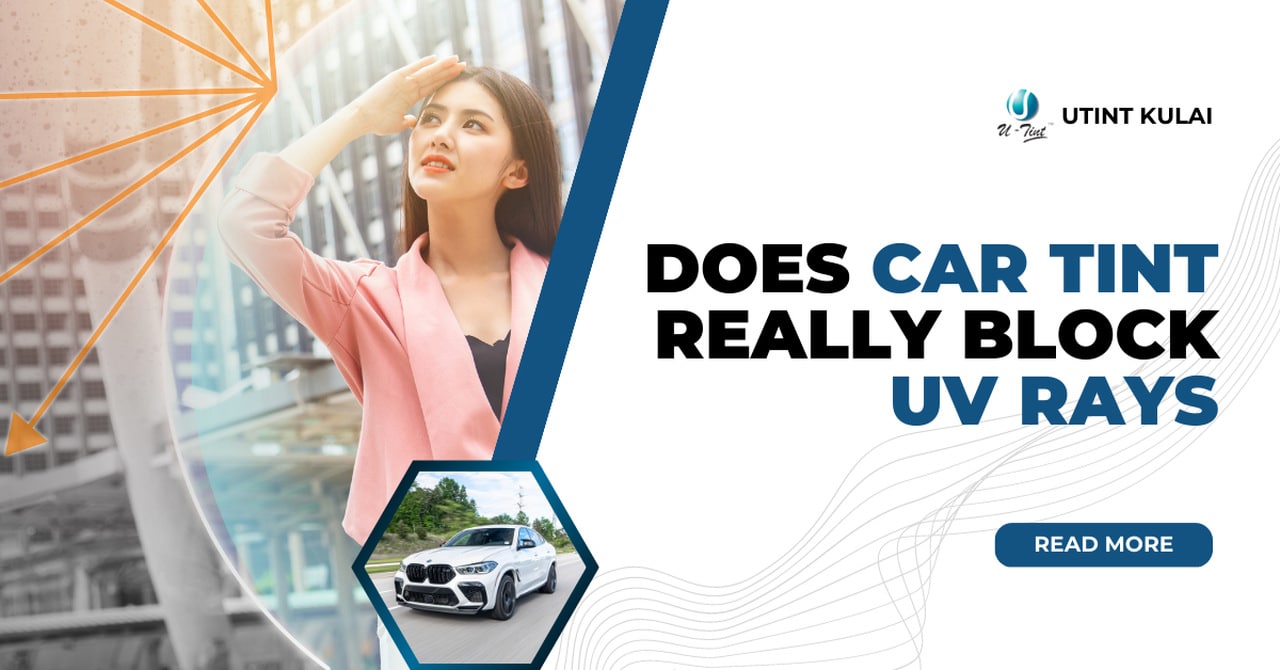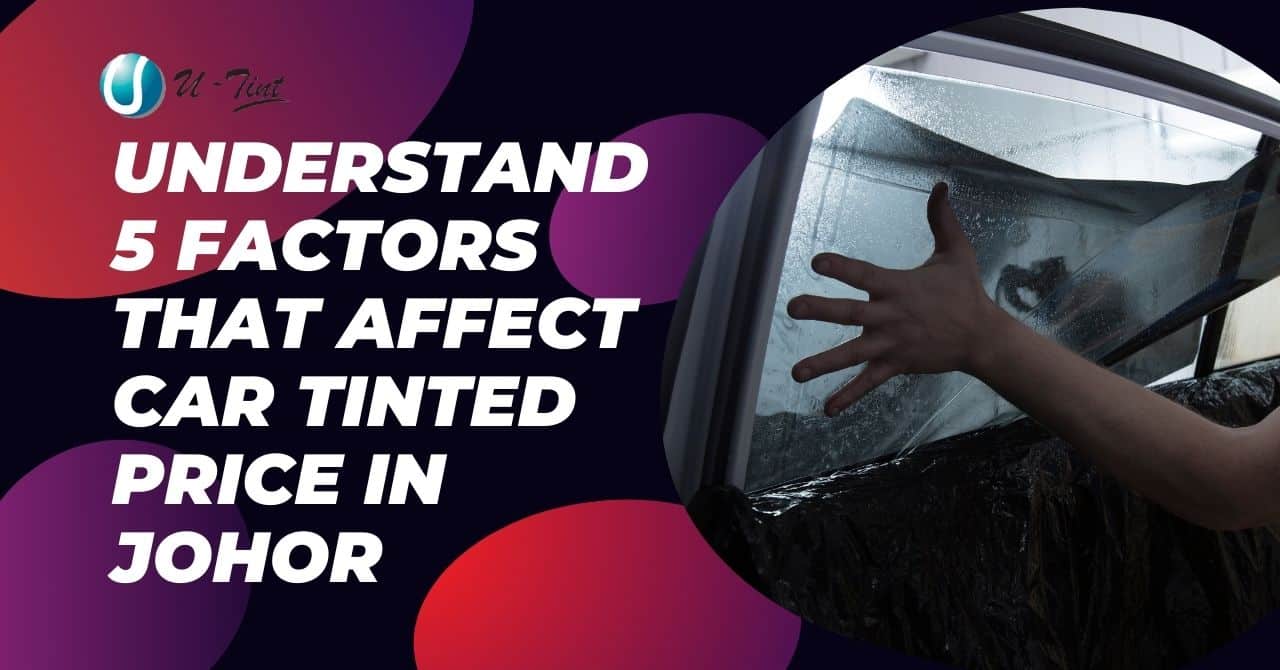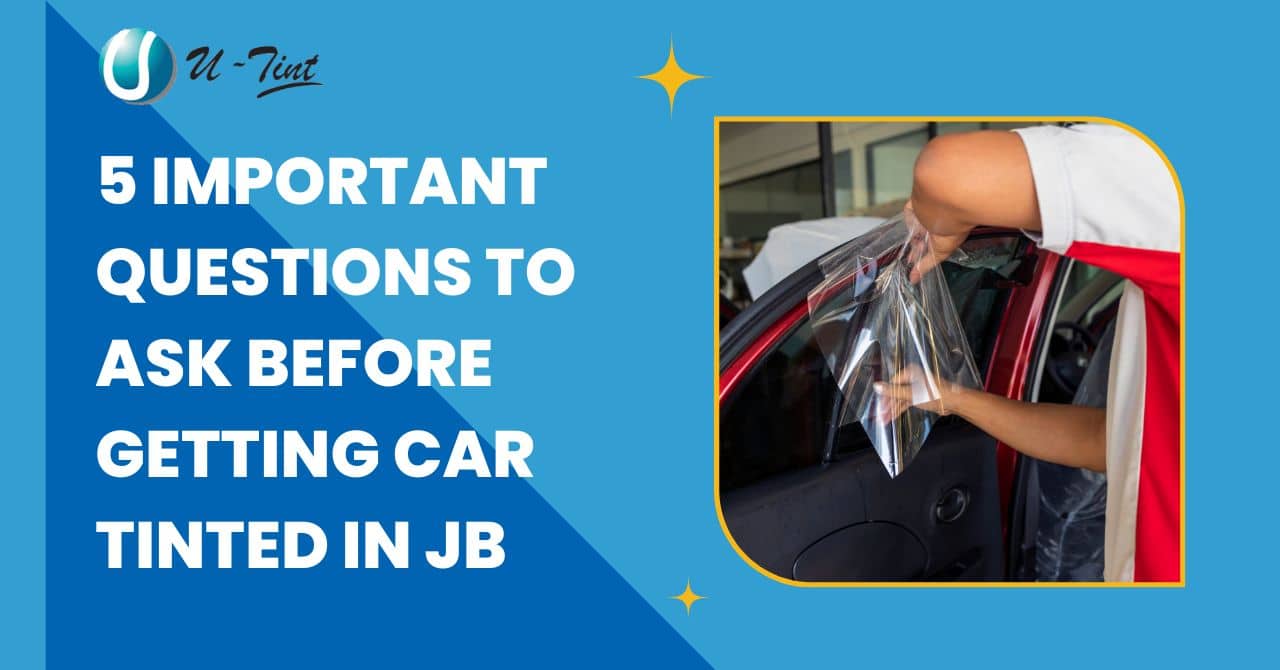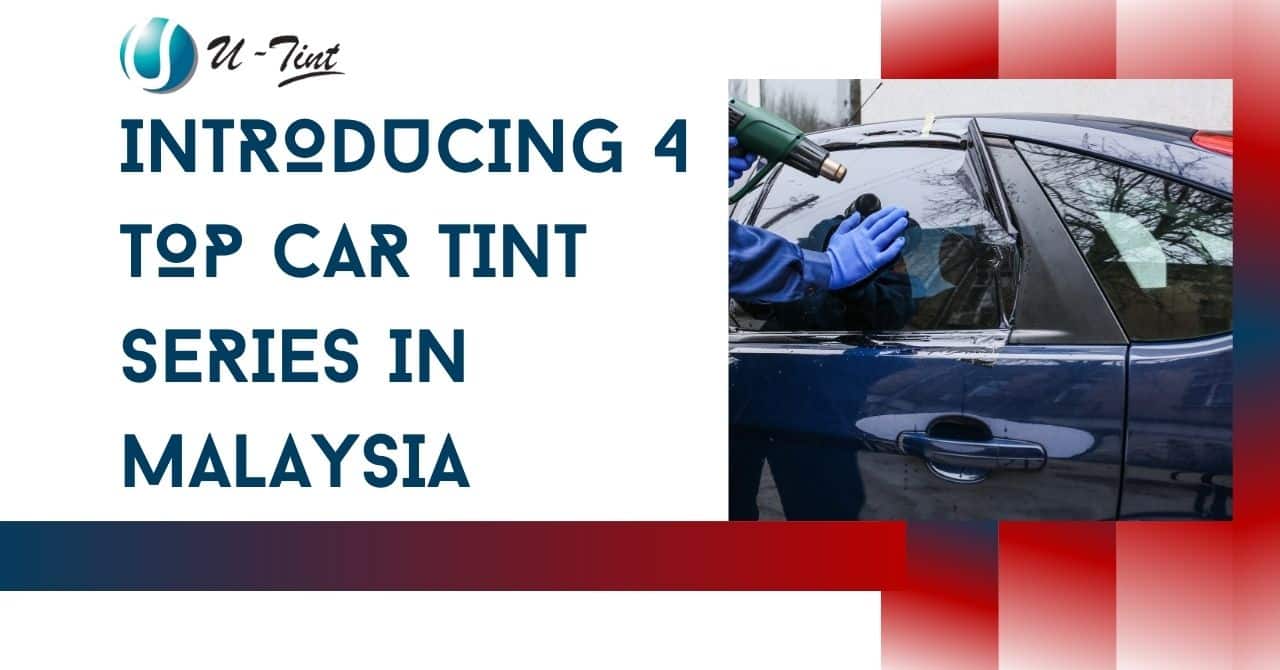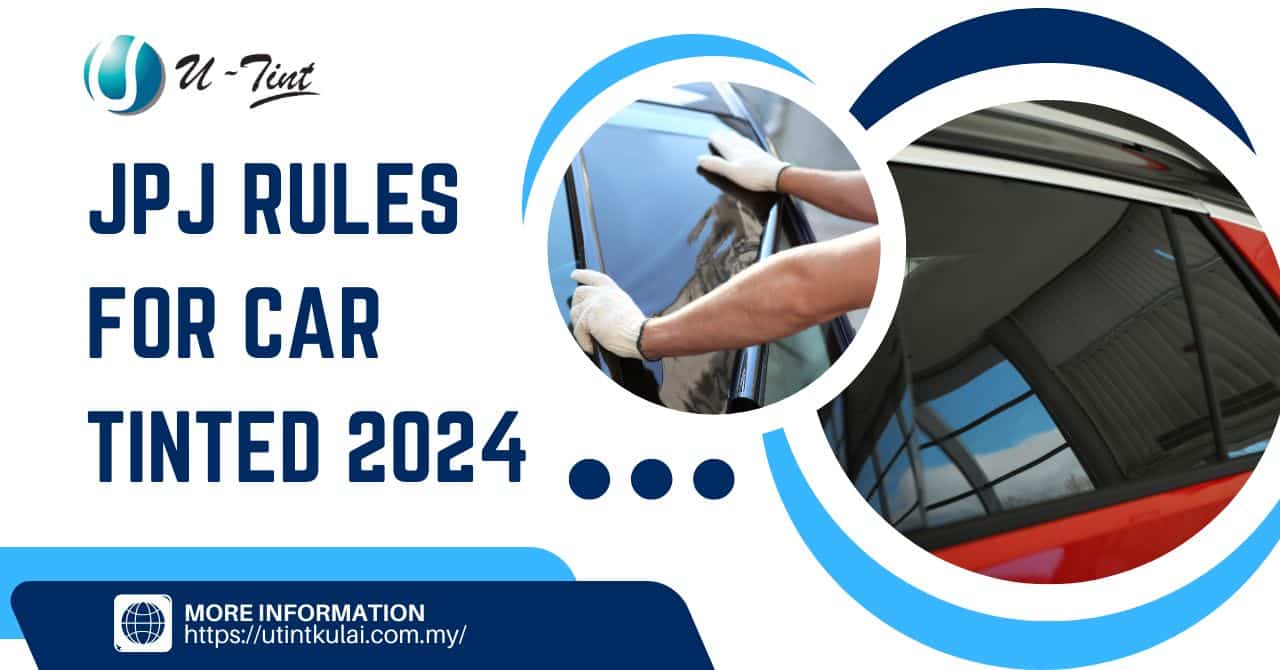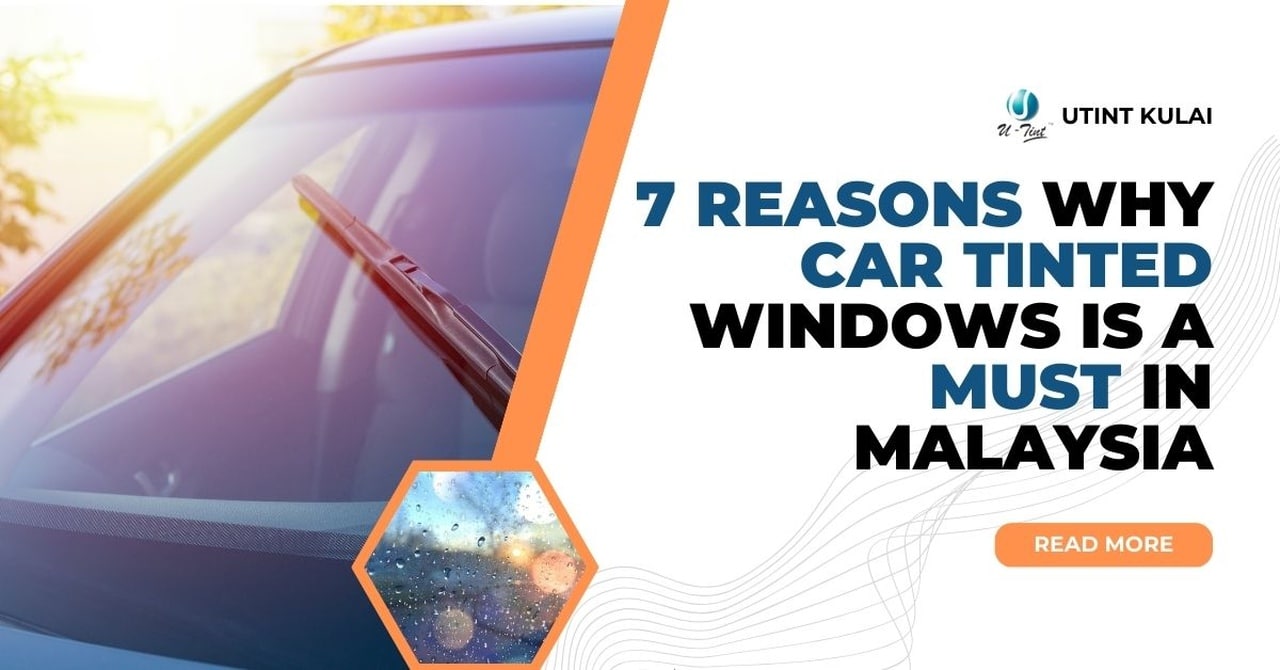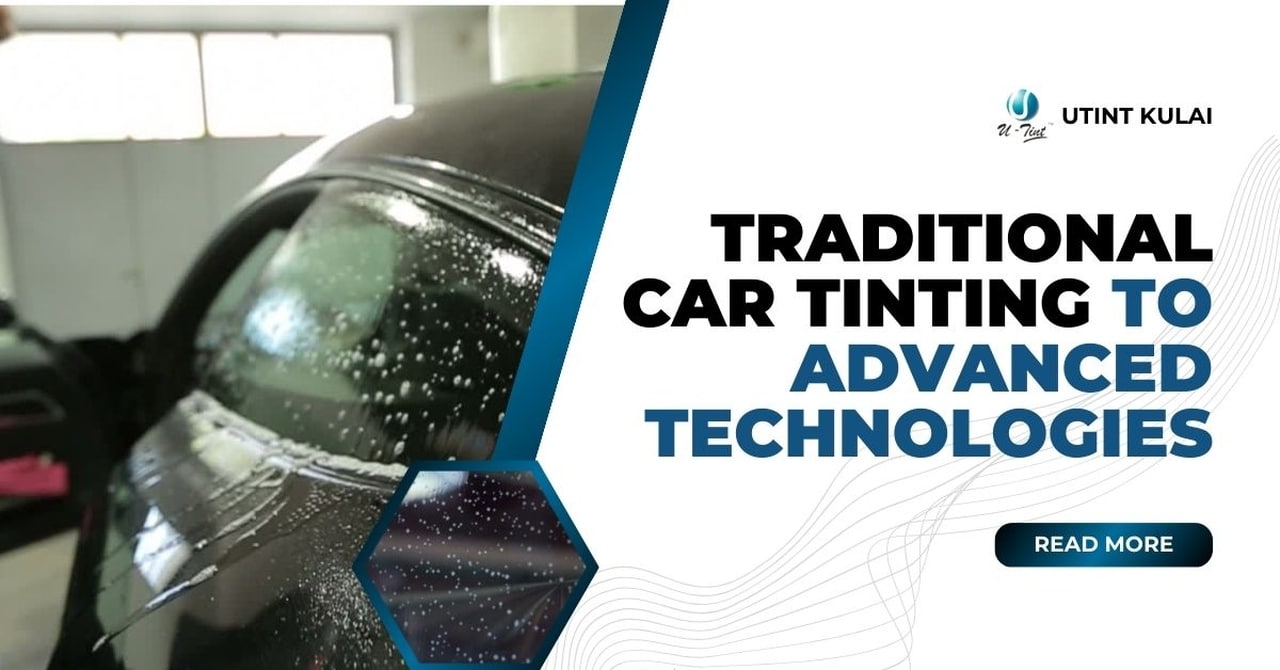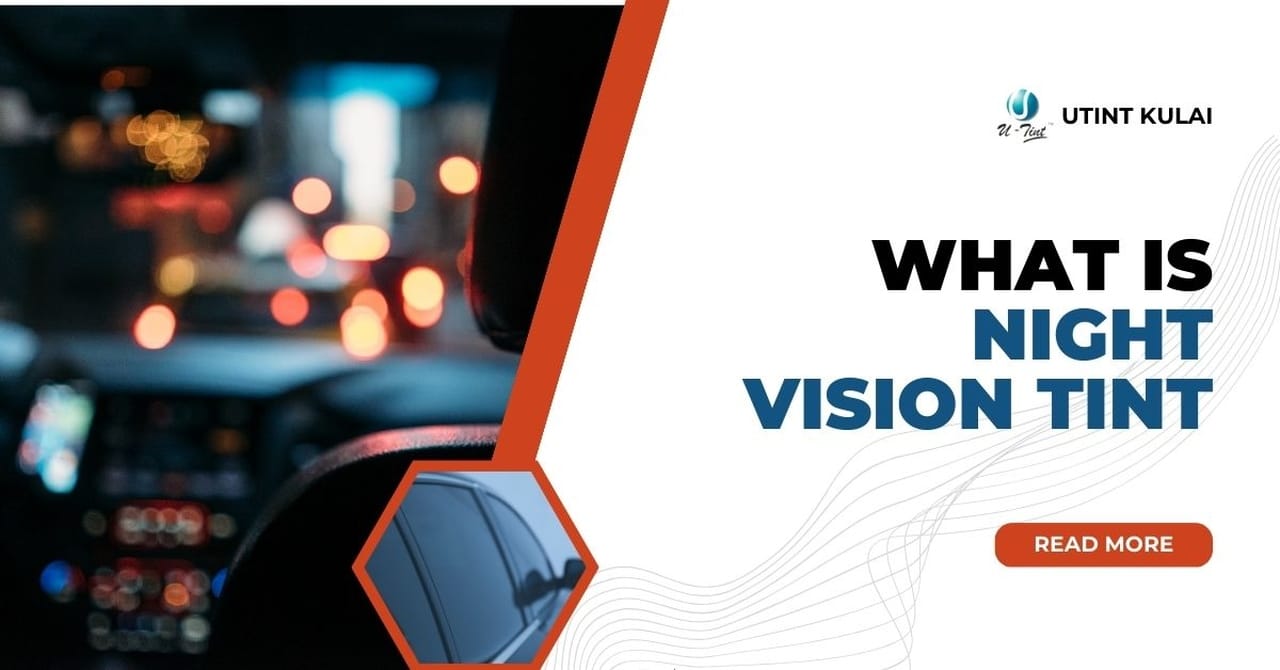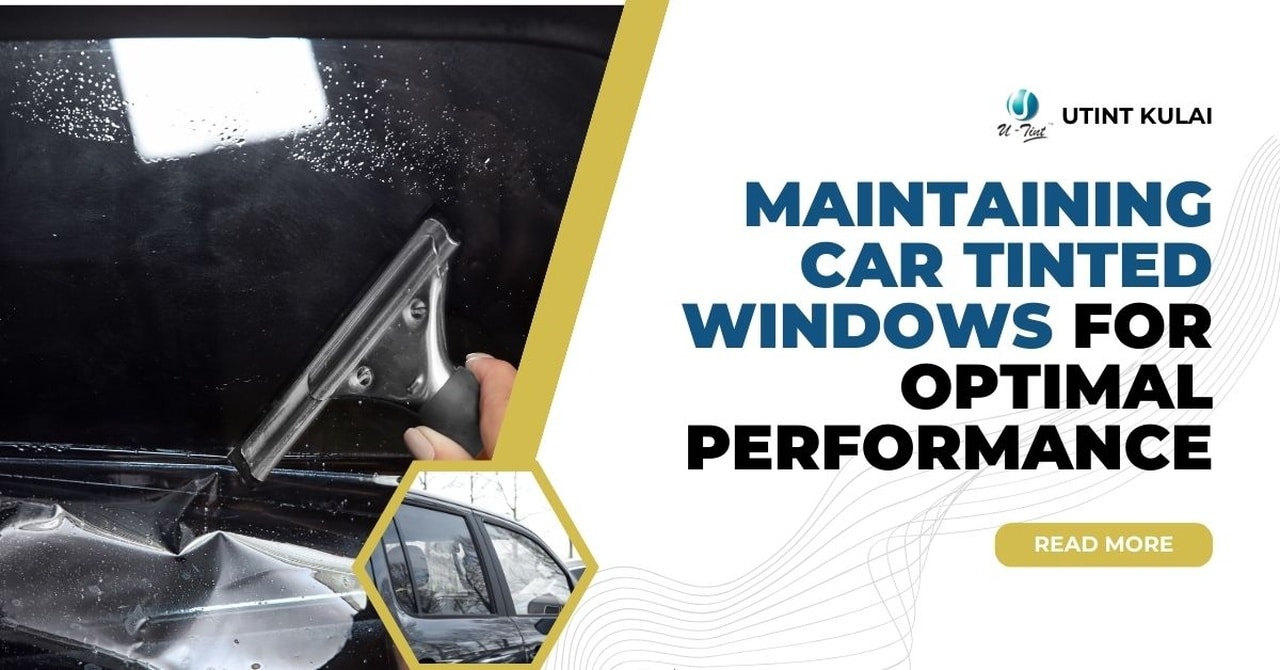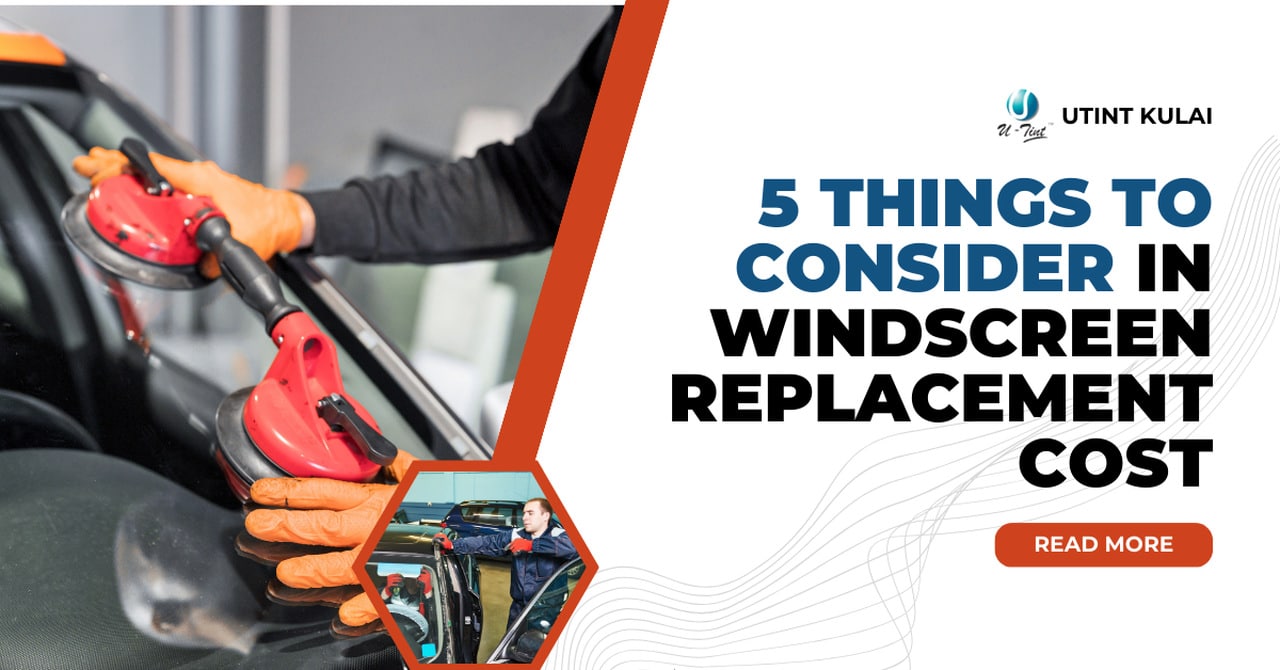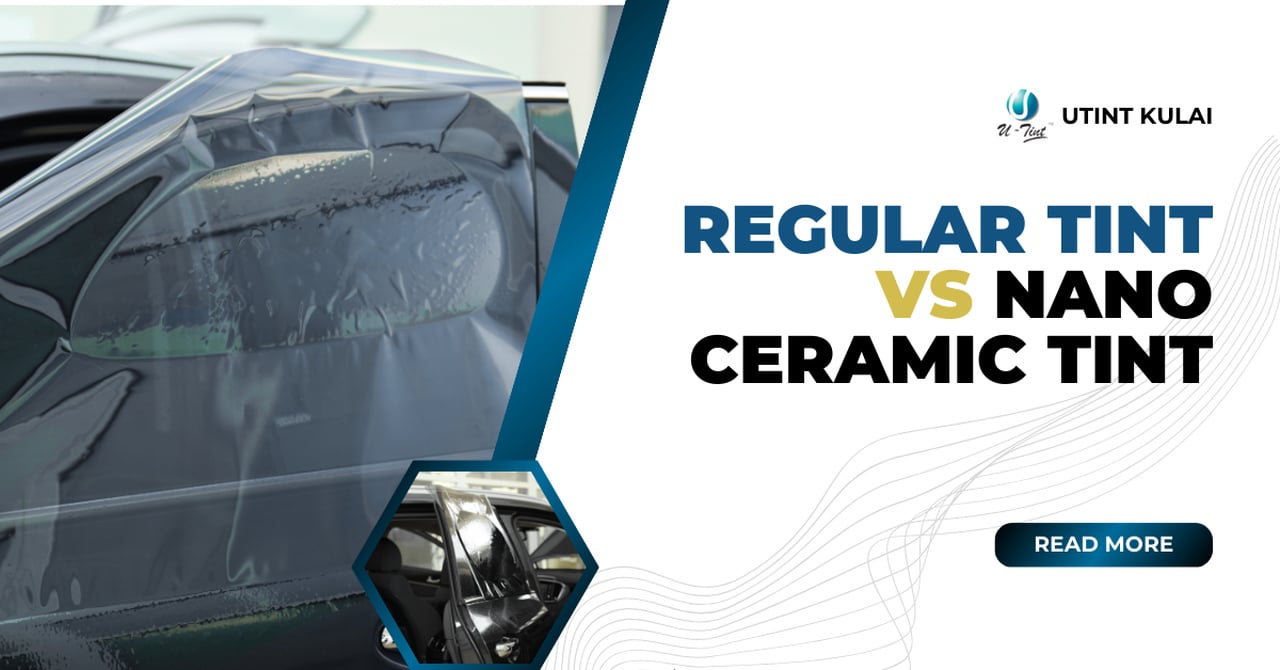Introduction
When it comes to car accessories, window tinting is a popular choice among vehicle owners. Not only does it enhance the aesthetic appeal of the vehicle, but it also serves practical purposes. One of the key benefits often associated with car window tinting is its ability to block harmful ultraviolet (UV) rays. In this article, we will delve into the science behind UV rays, the effectiveness of car tint in blocking them, and the implications for both the driver and the vehicle.
Understanding UV Rays
Ultraviolet Radiation and Its Types
UV rays are a form of electromagnetic radiation emitted by the sun. They are categorized into three types: UVA, UVB, and UVC. UVA rays penetrate the deepest into the skin, while UVB rays cause sunburn and are a major contributor to skin cancer. UVC rays are the most harmful but are largely absorbed by the Earth’s atmosphere.
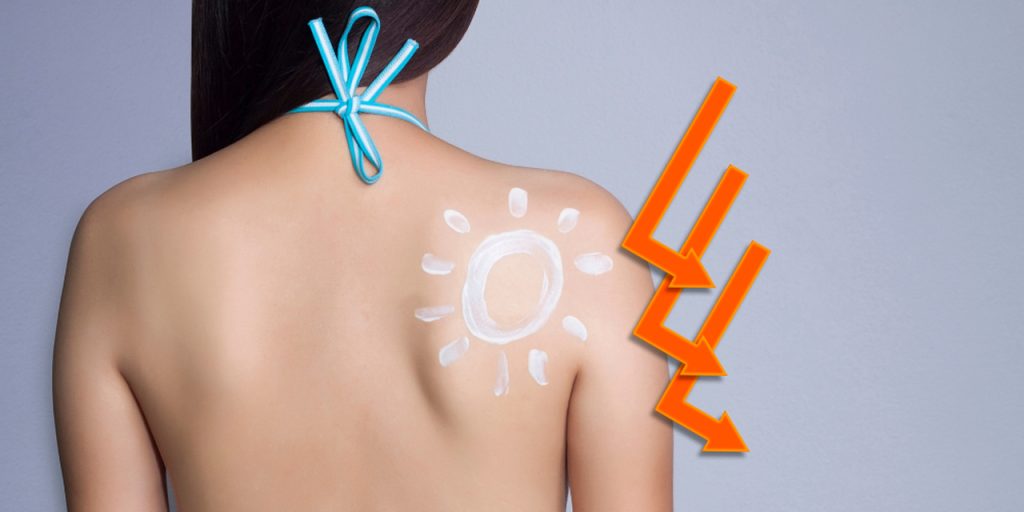
The Role of Car Window Tinting
How Car Tint Works
Car window tinting involves applying a thin film to the inside of the vehicle’s windows. This film contains nanoparticles that block and absorb UV rays. Additionally, the film’s shading properties reduce the amount of visible light and heat that enters the vehicle, contributing to a cooler and more comfortable interior.
Effectiveness of Tint in Blocking UV Rays
Car window tinting is indeed effective in blocking UV rays. High-quality tints can block up to 99% of UVB rays and a significant percentage of UVA rays as well. This has important implications for both the driver and the vehicle’s interior components.

Benefits of UV Protection
Protecting the Driver
Extended exposure to UV rays while driving can lead to skin damage, premature aging, and an increased risk of skin cancer. Car window tinting acts as a barrier, reducing the driver’s exposure to harmful UV radiation and minimizing the associated health risks.
Preserving the Vehicle's Interior
UV rays can cause significant damage to a vehicle’s interior components, such as fading upholstery, cracked dashboard surfaces, and deteriorating electronics. Car tint helps safeguard these elements by preventing direct UV exposure and maintaining the interior’s appearance and value.
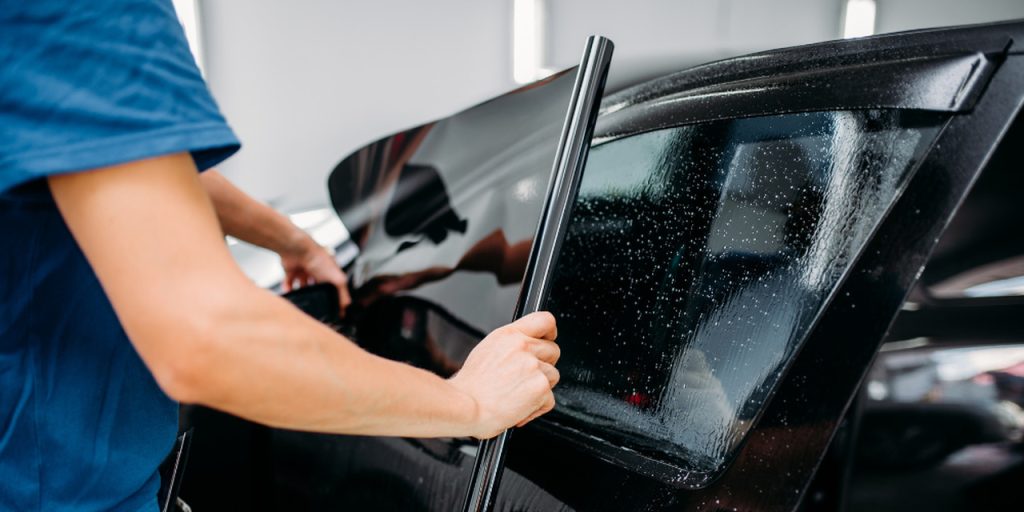
Factors to Consider
Legal Regulations
It’s important to note that car window tinting is subject to legal regulations in many places. Tint darkness and reflectivity levels are often specified by law to ensure visibility and safety for both drivers and law enforcement officers.
Quality of Tint Film
The effectiveness of car window tinting largely depends on the quality of the tint film and tint installation. High-quality films are designed to provide maximum UV protection while maintaining optical clarity and durability.
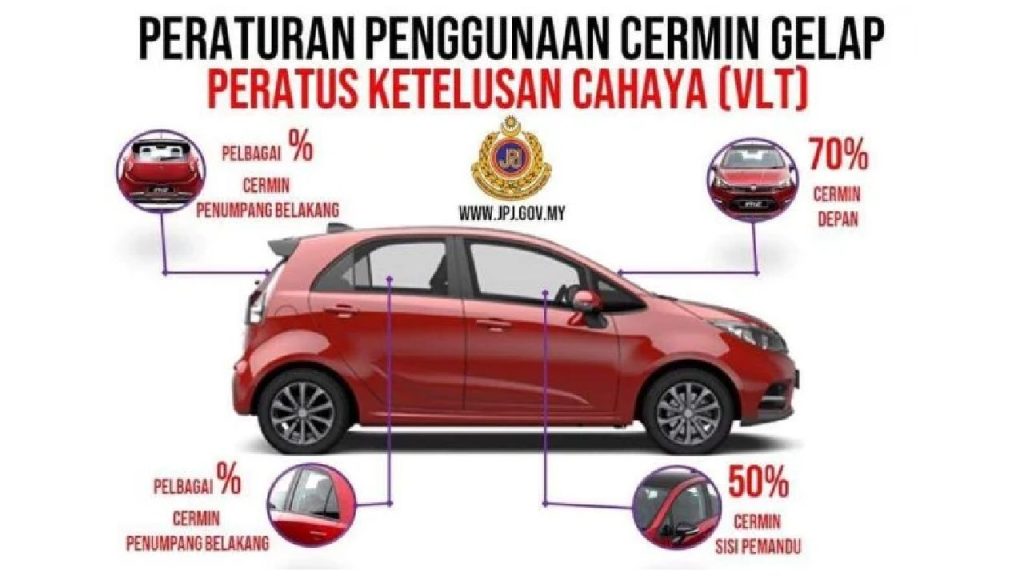
Debunking Common Myths
Myth: All Tints Provide Equal UV Protection
Not all tints are created equal. Some lower-quality tints may offer limited UV protection and may deteriorate over time, leading to reduced effectiveness.
Myth: Tinting Windows Darkly Offers Better UV Protection
While darker tints may reduce visible light, UV protection is not solely dependent on the tint’s darkness. High-quality, lightly-tinted films can offer exceptional UV-blocking capabilities.
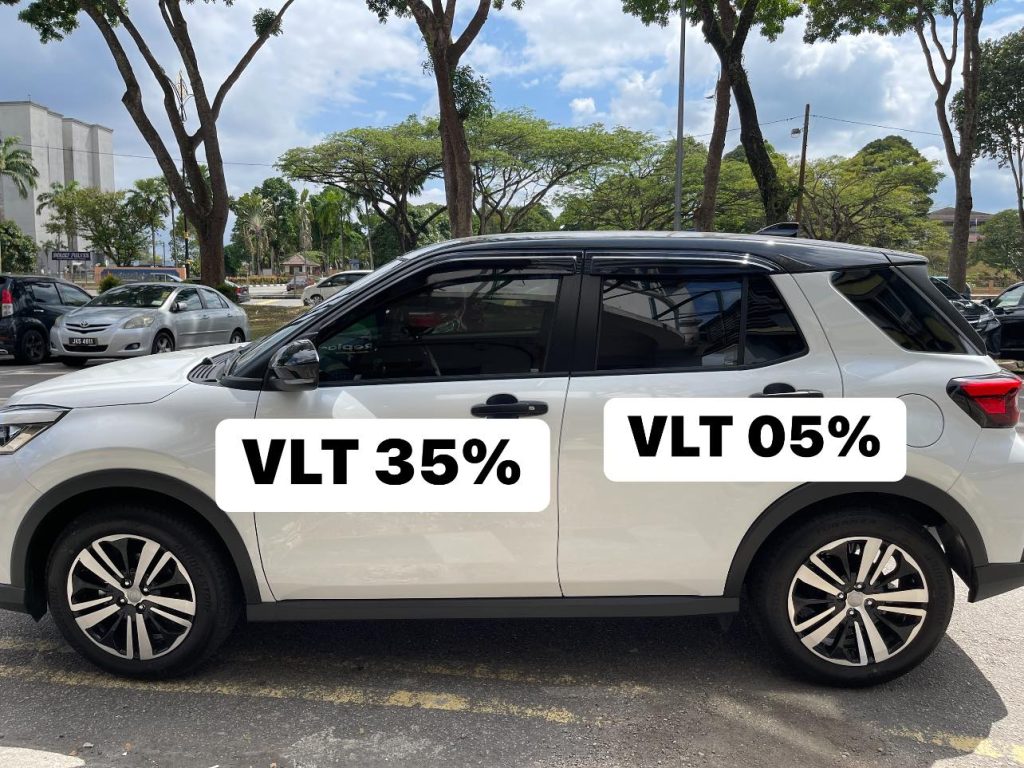
Conclusion
Car window tinting is more than just a style statement; it’s a practical solution to minimize the harmful effects of UV rays. By effectively blocking UV radiation, car tinting enhances both the well-being of the driver and the longevity of the vehicle’s interior. When considering car window tinting, prioritize high-quality materials and professional installation to reap the full benefits of UV protection.
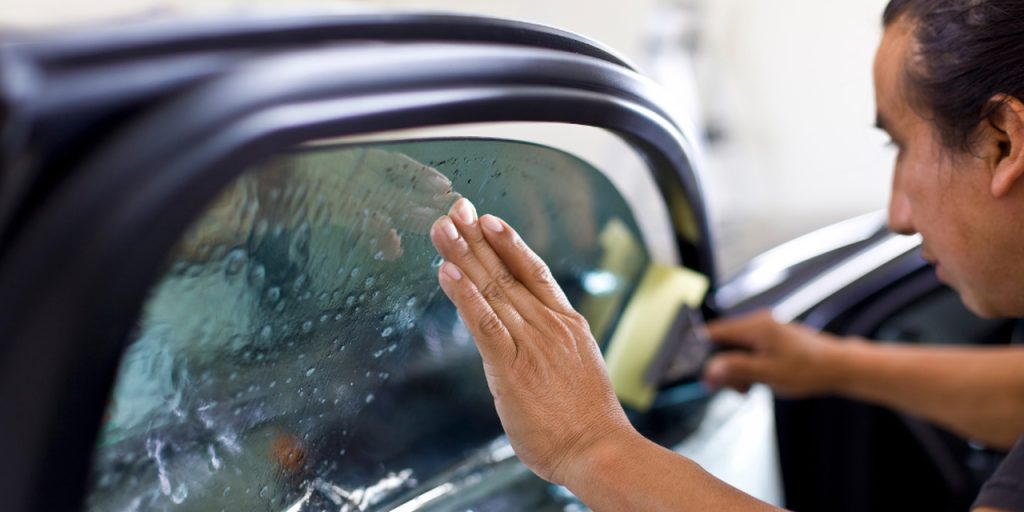
FAQ
Car window tinting laws vary by location. It’s essential to research and adhere to local regulations to avoid legal issues.
While DIY kits are available, professional installation is recommended for optimal results and adherence to legal requirements.
High-quality tint films are designed to resist fading, but lower-quality films may deteriorate with prolonged exposure to sunlight.
Tinted windows require gentle cleaning to avoid damaging the film. Use a mild, non-ammonia-based cleaner and a soft cloth.
Properly installed tints shouldn’t significantly impact visibility at night. Opt for a balanced tint that maintains visibility while offering UV protection.

